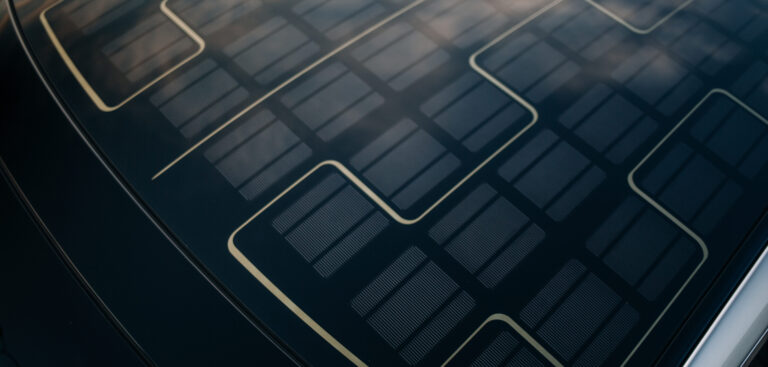A public-private consortium consisting of international partners has been announced that will address how solar-powered vehicles can support a transition toward an all-electric transportation system in the European Union. The group, SolarMoves, includes TNO (The Netherlands Organization for Applied Scientific Research), the Fraunhofer Institute for Solar Energy Systems, Sono Motors and IM Efficiency.
The pilot project has been requested by the European Commission’s Directorate-General for Mobility and Transport, and seeks to explore the potential of solar-powered vehicles, and the subsequent impact this could have on recharging infrastructure policy and regulations in Europe over the next few years.
EU and member states have set ambitious targets to transition to a zero-emissions transport system in the next 10 years. This will require huge investments in car recharging infrastructure, and solar technology for mobility applications is viewed as a tool to potentially ease the required investment in addition to helping to overcome various challenges that EV users experience.
A research project called Photovoltaics in Mobility which ran from March 1, 2019, to December 1, 2020, estimated that dependence on recharging could be reduced by 25% through the use of solar panels on EVs, meaning one in every five chargers could be avoided, and that EV charging time could be reduced by 40% in regions with a lot of sunshine.
The consortium estimates that EVs with solar panels may represent 10% of the market by 2030, with several models with solar panels currently in the development stages. At present, there are over 30 truck trailers operating in Europe with solar cells on the trailer roof, enabling more sustainable commercial transportation. Some inner-city public transportation fleets are also equipped with solar cells for to reduce emissions and fuel costs.
Over a three-year period, the consortium will conduct a pilot where modeling will be combined with on-the-road monitoring and testing for verification. Various vehicles, including cars, trucks, buses and vans, will all be equipped with integrated solar panels. The vehicles will be equipped with sensors to measure and determine solar irradiation in real-world conditions across Europe.
The results will provide the consortium with insights into the increase in efficiency of EVs when solar technology is integrated. The findings will be used to analyze the potential of solar technology and to make predictions on the recharging infrastructure required for a scenario where significant part of the EV market is equipped with solar modules. The findings will be translated into a set of policy recommendations for the European Commission.


